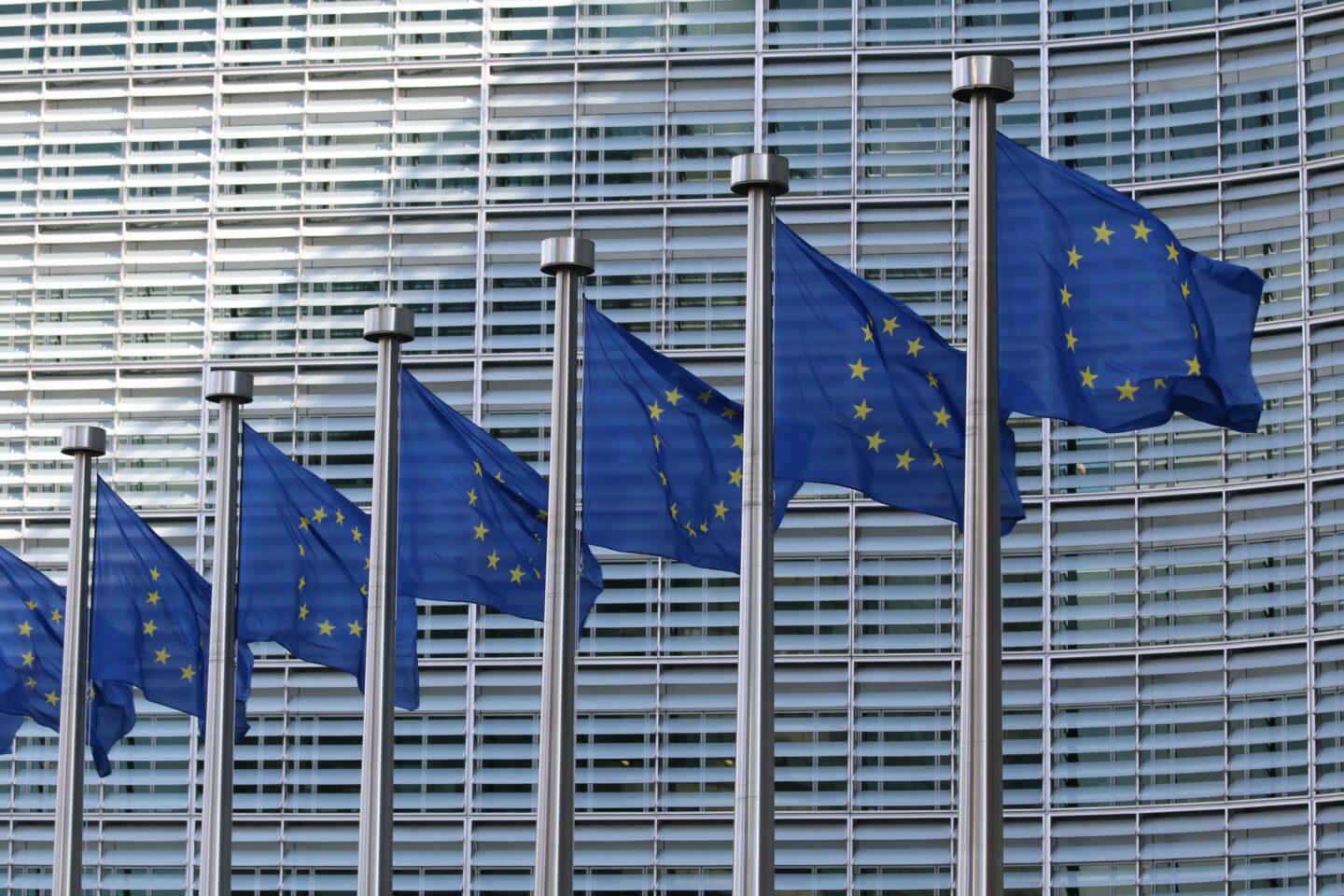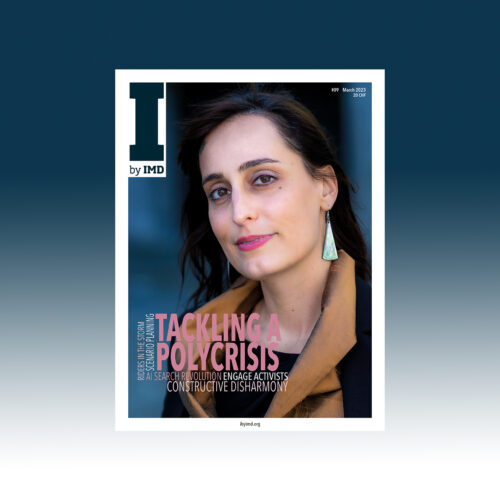For SMEs already part of their value chains, large companies should shift the narrative from a simple question of compliance to that of a more mutually beneficial process. In their engagement with their suppliers, they should reinforce the idea that improving sustainability practices and reporting them publicly increases these firms’ competitive edge, boosts their reputation, and attracts investors. This has been confirmed by research.
For SMEs not yet part of their value chains, firms should integrate corporate sustainability factors into procurement processes and decision making. Sustainable procurement should integrate specifications, requirements, and criteria that are compatible with the firm’s reporting needs.
How SMEs can best report their sustainability data
For SMEs, sustainability reporting is about staying in the game. Their survival depends on their ability to provide products and services to larger clients. And if these clients require them to disclose sustainability metrics, they will need to make painstaking efforts to attend to these requests.
SMEs and larger firms should therefore agree on the essential sustainability indicators that it is reasonable to expect SMEs to report. SMEs should also expect to receive guidance from larger firms on what tools and methodologies could be used to calculate those metrics. Even if larger companies follow standardized sustainability reporting frameworks, the indicators to be collected may vary according to geography (where there may be issues of data availability) and industry (where materiality comes into play). While some SMEs might be asked to report on greenhouse gas emissions or energy intensity, others might be required to disclose meaningful workforce indicators.
SMEs may also wish to take a step forward and adopt a more consistent and standardized reporting framework. For instance, although research has highlighted the complexities of applying Global Reporting Initiative standards for SMEs, other reporting standards such as the UN Global Compact are much simpler and can be used by any organization – large or small, private or public, in all sectors and geographies. Those SMEs that invest in high-quality sustainability data collection and reporting will gain competitive advantages in the future – particularly when they depend on, or want to enter into, business with big firms that have to apply the CSRD or other mandatory sustainability regulations.
But who will take on the job of reporting SMEs’ sustainability data? Multitasking SME owners facing the day-to-day challenges of keeping their businesses afloat are unlikely to be able to take on this additional responsibility. The task will therefore doubtless fall to their accountants; and this transition in their role from pure accountants to consultants will be the largest shift in their craft since the automation of bookkeeping in the 1950s.
A future in which all companies report on sustainability
SMEs will come under enormous pressure in the coming years as they will need to meet the growing expectations of their sustainability-conscious clients, comply with their bank’s ESG-related credit conditions, share information on their corporate sustainability practices to their investors and, as we have seen, supply non-financial data to their big B2B clients. SMEs are still not legally required to do this, but non-adherence could dangerously reduce their number of potential clients and markets. Those that do not prepare for a significant change in their data collection and reporting practices therefore risk going out of business.
And we cannot exclude the possibility that eventually every single business worldwide will report sustainability data, just as they do today for financial data. We are heading towards a future in which sustainability reporting is for all types of companies – small, medium, or large.

Audio available







